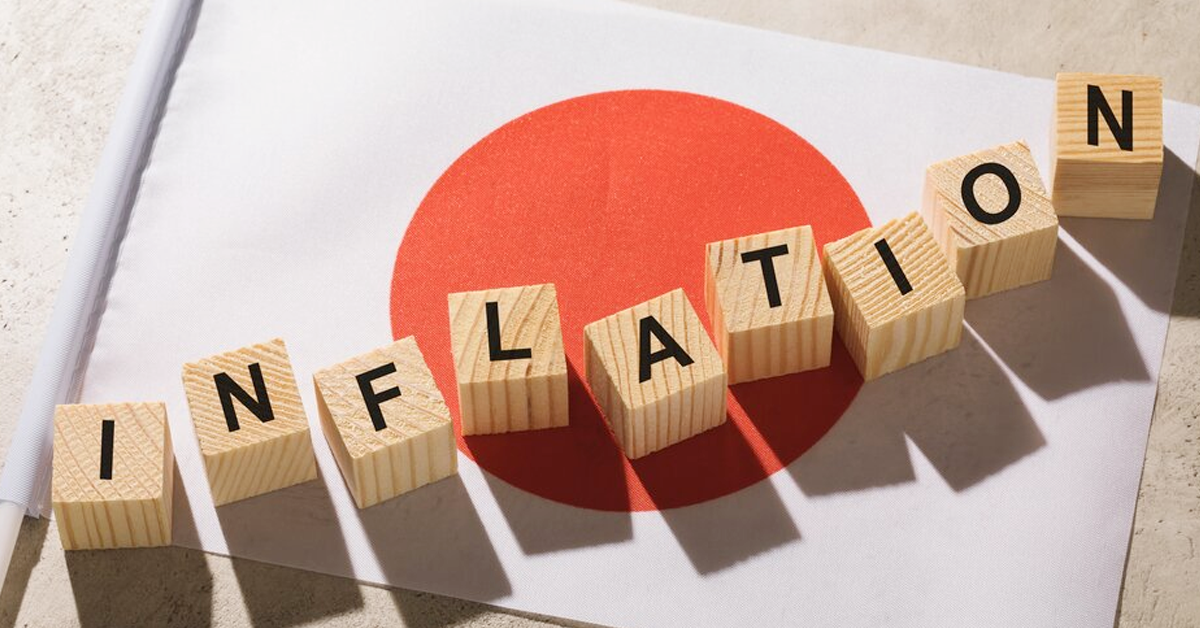Japan’s Demand-Driven Inflation Slows, Obscuring BOJ Rate Hike Outlook
Japan’s core inflation saw an uptick in May due to increased energy levies, but an index that removes the impact of fuel continued to decline for the ninth consecutive month, as shown in data released on Friday. This trend complicates the central bank’s decision on the timing of interest rate hikes.
The continued slowdown in “core core” inflation, which the Bank of Japan (BOJ) closely monitors as a crucial indicator of demand-driven price changes, casts doubt on the bank’s belief that rising wages will support consumption and maintain inflation on track to sustainably hit its 2% target.
The core consumer price index (CPI), which excludes volatile fresh food prices, increased by 2.5% in May compared to a year earlier, up from the previous month’s 2.2% gain. This rise was primarily due to a hike in the renewable energy levy and was close to the median market forecast of a 2.6% gain. However, inflation measured by an index excluding both fresh food and fuel slowed to 2.1% in May from 2.4% in April, marking the lowest year-on-year increase since September 2022.
Private-sector service inflation also slowed to 2.2% in May from 2.4% in the previous month, indicating that companies remain hesitant to pass on labor costs to consumers. This trend suggests that the anticipated boost to services inflation from strong pay hikes agreed upon in this year’s spring wage negotiations has not yet materialized.
The outlook for inflation is further complicated by a renewed rise in crude oil prices and increased import costs due to a weak yen. Analysts predict that core CPI could accelerate to nearly 3% later this month because of rising raw material costs. However, such pressure could negatively impact consumption and deter companies from raising prices, which would hamper the BOJ’s efforts to sustain underlying, demand-driven inflation around its 2% target.
Real wage growth in Japan remains weak, and there is no substantial data confirming that demand-driven inflation is accelerating. As a result, it is unlikely that the BOJ will raise rates before October-December this year.
The BOJ ended negative rates and bond yield control in March, marking a significant shift from its decade-long radical stimulus program. With inflation surpassing its 2% target for two years, the BOJ has hinted at raising short-term rates to levels that stabilize the economy, which analysts estimate to be between 1-2%. Many economists anticipate that the BOJ will increase interest rates to 0.25% this year, though opinions are divided on whether this will happen in July or later in the year.











